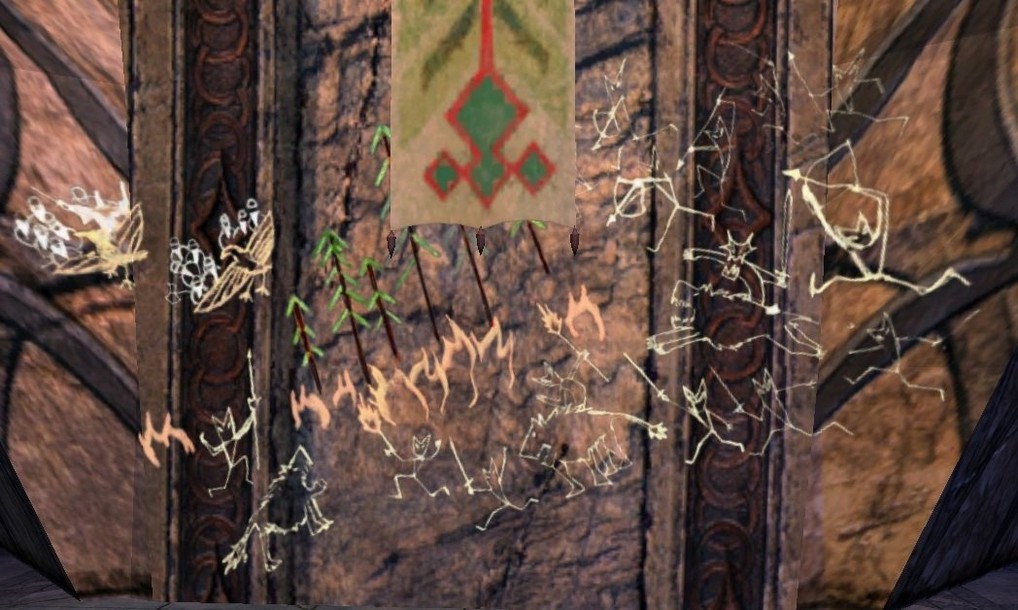
The ancient Greek word moira (μοῖρα) means a portion or lot of the whole, and is related to meros, "part, lot" and moros, "fate, doom", Latin meritum, "reward", English merit, derived from the PIE root *(s)mer, "to allot, assign". The three fates, Lachesis, Atropos, and Cloto by Hans Vischer c. Įtymology File:Rundscheibe Drei Parzen KGM AE470.jpg The goddess Dike (justice, divine retribution), keeps the order and sets a limit to any actions. In earliest Greek philosophy, the cosmogony of Anaximander is based on these mythical beliefs. The concept of a universal principle of natural order has been compared to similar concepts in other cultures like the Vedic Rta, the Avestan Asha ( Arta) and the Egyptian Maat. The ancient Greek writers might call this power Moira or Ananke, and even the gods could not alter what was ordained. It seems that Moira is related with Tekmor (proof, ordinance) and with Ananke (destiny, necessity), who were primeval goddesses in mythical cosmogonies. In Plato's Republic the Three Fates are daughters of Ananke (necessity). Later they are daughters of Zeus and Themis, who was the embodiment of divine order and law. In the Theogony of Hesiod, the three Moirai are personified, daughters of Nyx and are acting over the gods.

In the Homeric poems Moira or Aisa, is related with the limit and end of life, and Zeus appears as the guider of destiny. The gods and men had to submit to them, although Zeus's relationship with them is a matter of debate: some sources say he can command them (the Zeus Moiragetes), yet others suggest he was also bound to the Moirai's dictates. They were independent, at the helm of necessity, directed fate, and watched that the fate assigned to every being by eternal laws might take its course without obstruction.

They controlled the mother thread of life of every mortal from birth to death. Their number became fixed at three: Clotho (spinner), Lachesis (allotter) and Atropos (literally 'unturnable' but metaphorically 'inflexible' or 'inevitable' – i.e. r aɪ / or / ˈ m ɔɪ ˌ r iː / ( Ancient Greek: Μοῖραι, "apportioners"), often known in English as the Fates ( Latin: Fata), were the white-robed incarnations of destiny their Roman equivalent was the Parcae (euphemistically the "sparing ones"). In Greek mythology, the Moirai or Moerae / ˈ m ɔɪ.


 0 kommentar(er)
0 kommentar(er)
